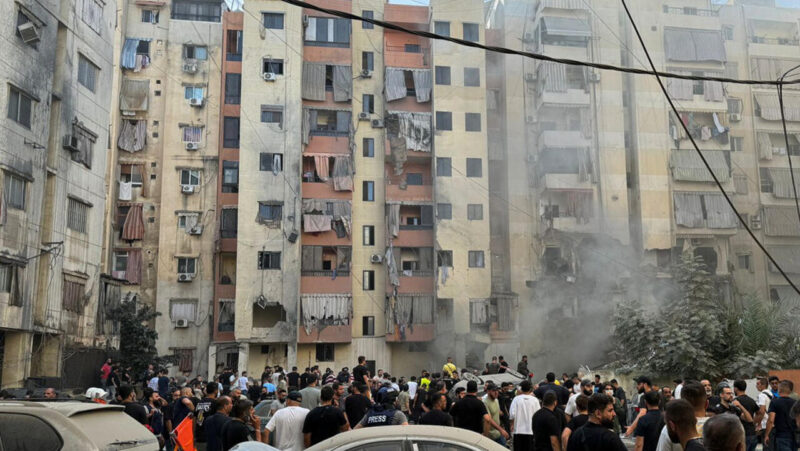BBC exposes true civilian toll of deadly Lebanon strike
Children made up third of dead in devastating Lebanon strike

A BBC investigation has revealed that an Israeli airstrike on a block of flats in Lebanon, which killed 73 people including 23 children, primarily claimed civilian lives—despite military claims of targeting a Hezbollah command centre.
The devastating attack on the residential building in Ain el-Delb last September marks Lebanon’s deadliest single strike in nearly 20 years. Whilst the Israeli Defence Forces (IDF) maintains the target was a Hezbollah command post, the BBC’s extensive investigation found only six of those killed had links to the militant group.
“I spent seven hours beneath the rubble, but my sister’s entire family didn’t make it”, says survivor Hisham al-Baba, whose sister Denise perished alongside her husband and two children.
The six-storey building housed 17 flats filled with families, including many who had fled fighting elsewhere in southern Lebanon. Amongst them was Batoul Hemadi, who lost eight family members in the strike, including her four-year-old daughter Hawraa.
Through detailed reconstruction and analysis of health ministry data, witness accounts and social media evidence, BBC investigators found no indication that the six Hezbollah-affiliated men held senior positions within the organisation. Meanwhile, at least 60 civilians, including nearly two dozen children, lost their lives in the attack.
Whilst the IDF claims it took precautions and issued evacuation warnings before the strike, all survivors interviewed by the BBC’s Senior International Investigations Correspondent Nawal al-Maghafi denied receiving any advance notice.
The incident reflects a broader pattern of high civilian casualties in Israeli operations across Lebanon, raising serious questions about target verification and proportionality in military strikes against civilian infrastructure.
The IDF maintains its strikes comply with international law and include assessment of potential civilian casualties, stating that collateral damage must not be “excessive in relation to the military advantage expected”.
How to submit an Op-Ed: Libyan Express accepts opinion articles on a wide range of topics. Submissions may be sent to oped@libyanexpress.com. Please include ‘Op-Ed’ in the subject line.
- Registry officials held in citizenship probe - January 26, 2025
- Libya under UN pressure over prison official’s ICC warrant - January 26, 2025
- Hamad government sets conditions for foreign car entry - January 26, 2025


